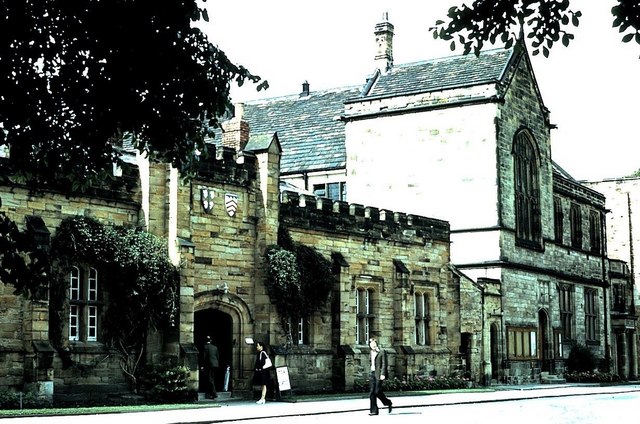Durham City’s MP and Durham University’s vice chancellor have both spoken out on the importance of EU students to Durham University. Both have insisted that the university must remain attractive to such students – as well as to staff of EU origin – during and after the Brexit process.
Durham’s Labour MP, Dr Roberta Blackman-Woods, said, “Of course it has to be able to attract international students, including EU students.”
“Universities are global institutions and they need to attract the best staff from across the globe.”
“There are a whole range of issues and the university is really important to Durham’s economy.”
Recent research showed that Durham University contributes £1 billion to the UK’s economy each year.
Around 430,000 overseas students come to the UK every year. It is estimated that providing education and training to non-UK citizens nets the UK economy around £14 billion annually.
Durham University has set up a steering group to examine the impacts that Brexit might have on the institution.
See what our academics have to say about challenges for Brexit https://t.co/B9jEVAMha6 #BrexitDay?? ??@durham_uni @tsinopoulos pic.twitter.com/sNz2NqdSQk
— Durham Uni B-School (@DUBusSchool) March 29, 2017
The university’s vice chancellor, Professor Stuart Corbridge, said, “As Article 50 of the Lisbon Treaty is triggered, the process of negotiations for Britain’s departure from the European Union will now begin.”
“At Durham University, we will continue to lobby through Universities UK and the Russell Group for the rights of EU citizens to remain in the UK and for continuing access to EU research funding.”
“We will also continue to make the case for immigration and work regimes which properly value and facilitate the contributions of international staff and students.”
“We are also supporting our staff and students through this period of negotiation. Durham University is immensely proud of all of our staff members and students, who come from diverse nationalities and cultural backgrounds.”
“We flourish because we are an inclusive and outward-looking community.”
Our academic experts from @DurhamLawSchool & @DUBusSchool outline some post #Article50 challenges for UK #Brexit https://t.co/LHxwobsUxY pic.twitter.com/hNsV3LJ8At
— Durham University (@durham_uni) March 27, 2017
Dr Blackman-Woods also stressed the importance of getting the best Brexit deal for the north east’s manufacturing sector, as well as for the region’s businesses and farmers.
Dr Blackman-Woods said, “Companies like Nissan and Hitachi need tariff-free access to the (single) market if they are to grow and compete. There are also lots of smaller manufacturing companies in Durham that will need tariff-free access.”
“My job is to get the best possible deal out of the Brexit negotiations and keep challenging the government to deliver that.”


























